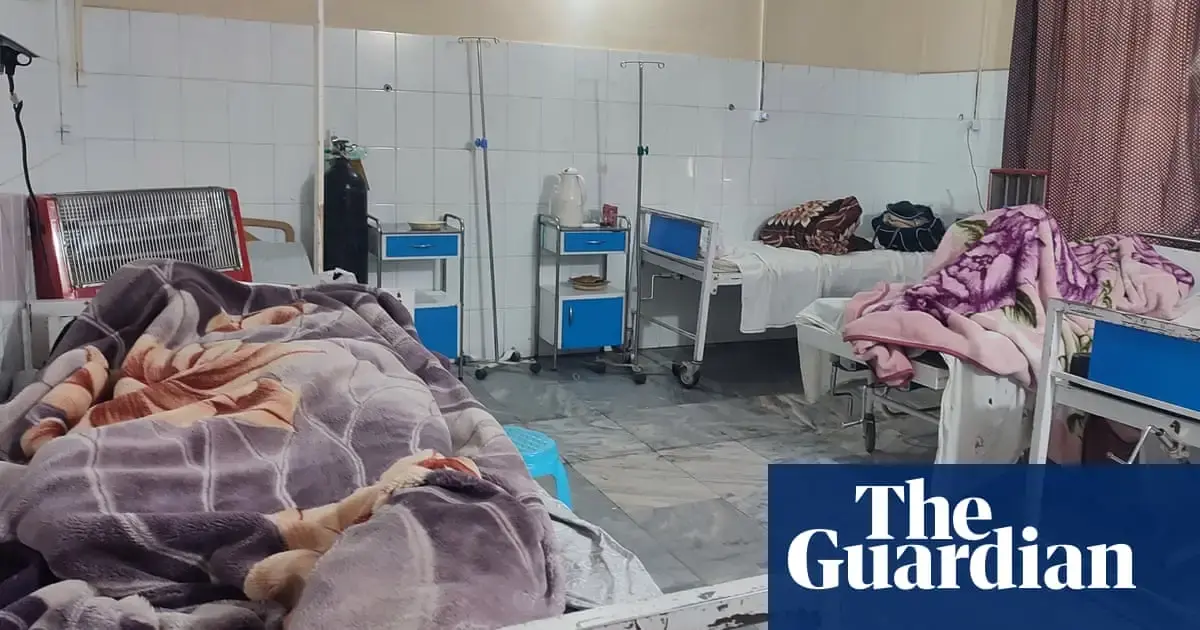First, her dreams of becoming a doctor were dashed by the Taliban’s ban on education. Then her family set up a forced marriage to her cousin, a heroin addict. Latifa* felt her future had been snatched away.
“I had two options: to marry an addict and live a life of misery or take my own life,” said the 18-year-old in a phone interview from her home in central Ghor province. “I chose the latter.”



FYI: There’s a study published in March 2023 investigating the Prevalence and predictors of depression among women in Afghanistan (pdf, 9 pages). It is obvious that women are facing a harsh life reality which is far beyond what we can imagine here in our western world.